Walking is Vital to My Conscientious Resilience!
Estimated reading time: 16 minutes, 48 seconds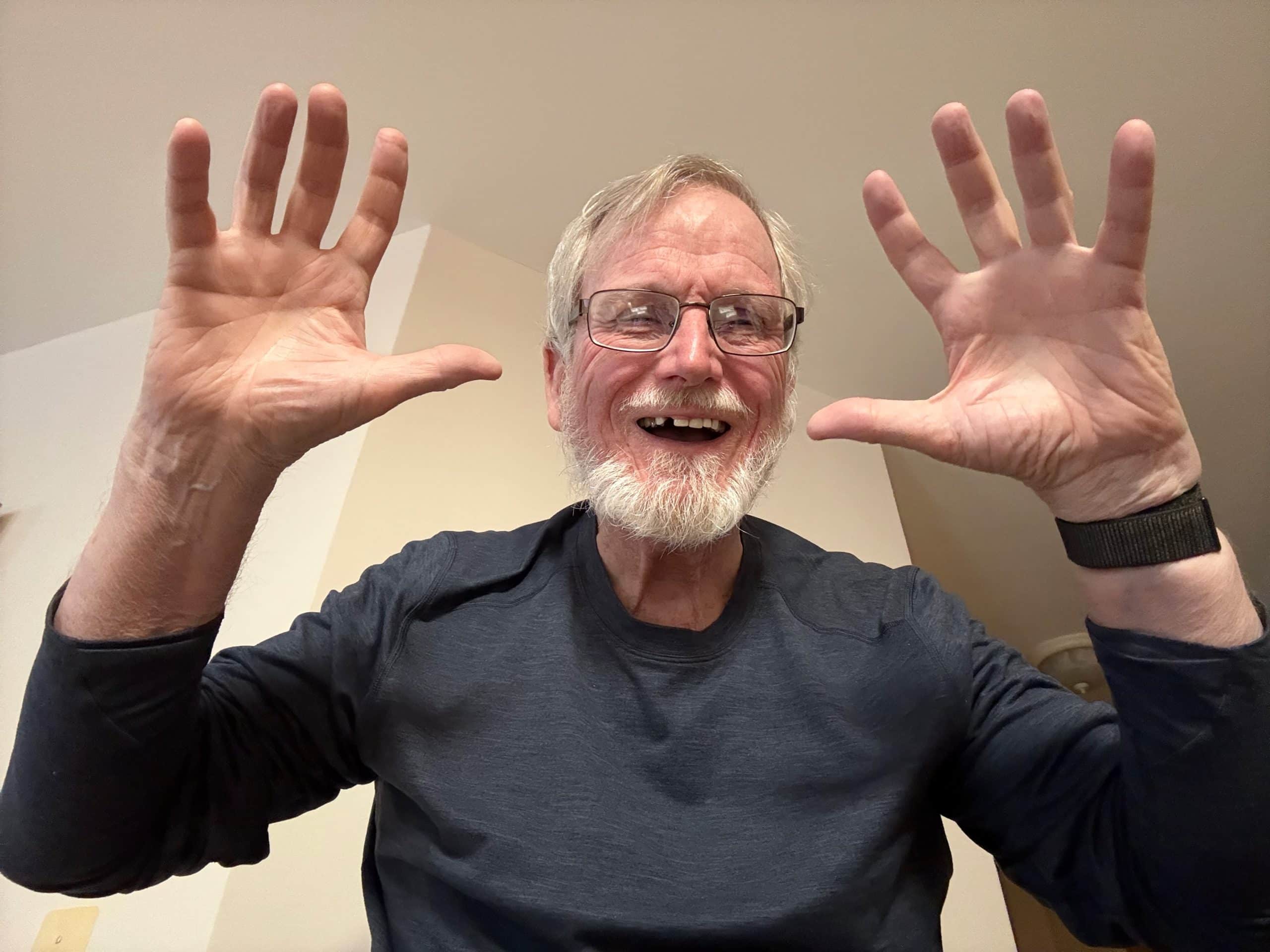
Walking 1,400 days without a Break is a Testament to the Human Spirit!
What led me to start walking? The answer is simple yet profoundly moving: it was the morning after my wife’s funeral. I felt like a lost soul, wandering through life without purpose or hope. Fast-forward to today, March 5, 2025—I’ve just completed my 1,400th consecutive day of walking. This milestone signifies my conscientious resilience journey, the emotional and physical strength I’ve gained,
These days, I no longer feel adrift. Each step I take is not just a step but a purposeful stride that nurtures and guides me toward a renewed meaning in life. On my walk today, the possibility of fresh rain was in the air, and the humid air hugged me like a damp blanket. My wandering mind made me ponder a more intriguing question: What inspires me to walk daily? My initial answer would be the sense of purpose, the feeling of moving forward that keeps me going, which I hope can inspire you to find your purpose in your journey.
A runner jogs past me on my right, and I wonder if they are training for the 2028 LA Olympics. Not likely, I whisper. My head nods only for myself, as I admit that they would never add a category for older athletes who walk daily. I can’t help but wonder—if they did, would I qualify to compete for a gold medal? Probably not! I can still tackle long distances at my age, but my pace has slowed to under three miles per hour. Can I hold my own against seasoned competitors? As I exit Nomahegen Park and head home, a fascinating thought fuels my determination and adds a new dimension to my walking journey.
When I first embarked on my current walking journey, I found myself teetering on the brink of obesity. It was a daunting realization, but I was determined to make a change. Though I’ve shed forty-five pounds since then, a few stubborn handfuls of excess weight cling to me like old friends, proving resistant to my relentless attempts to bid them farewell. These pounds, a reminder of the physical toll of grief, have been a constant challenge, but they also serve as a testament to my perseverance and resilience. Walking has not only helped me shed weight, each step has improved my cardiovascular health, strengthened my muscles, and boosted my overall fitness, contributing to my increased resilience in the face of grief and age.
Each solitary walk has become a sanctuary for my mind, sweeping away the cobwebs left by almost seventy-six years of life. Yet, every morning brings fresh webs to unwrap in the empty corners of my memory, reminding me that there’s always more to explore and discover. In these moments, I find comfort and solace, a respite from the chaos of life. Walking provides a time for me to reflect, process my emotions, and find peace amidst the storm clouds of life in my eighth decade.
The question of why I continue to walk remains a mystery. Can I accept that I walk without a specific purpose? Join me as I delve deeper into my motivations. Your insights and feedback could help me unravel the reasons behind my daily walks. Let’s continue this exploration together, as my walking journey is far from over. I invite you to share your reflections and be part of this journey with me.
After almost 48 years, I recently lost my wife, Jan Lilien. Like The Little Prince, Jan and I believed that “The most beautiful things in the world cannot be seen or touched, they are felt with the heart.” This blog is a collection of my random thoughts on love, grief, life, and all things considered.


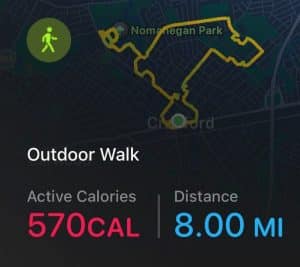
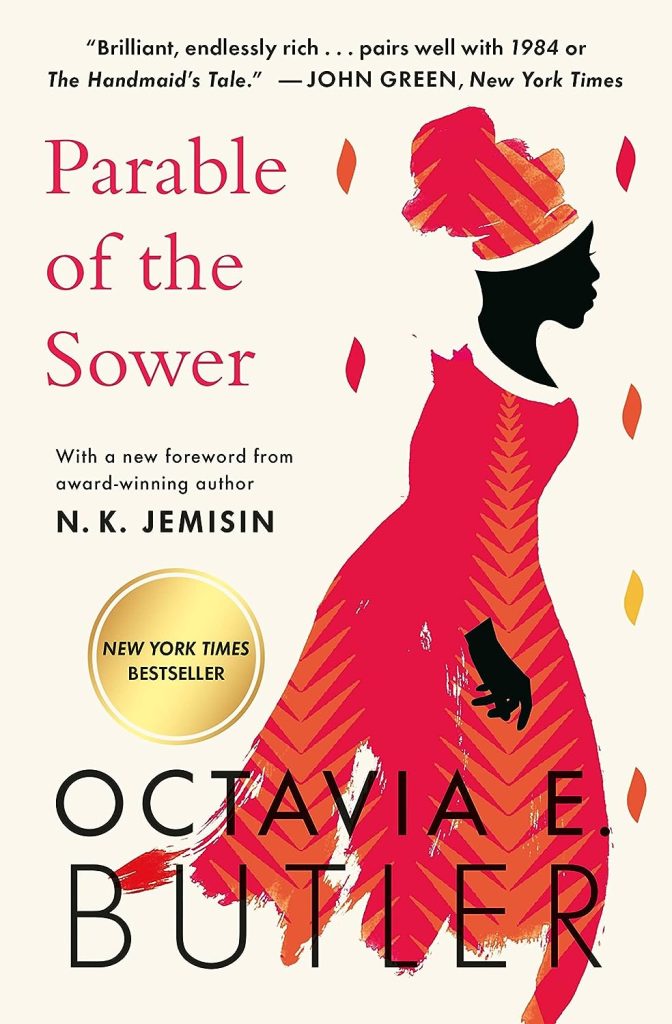
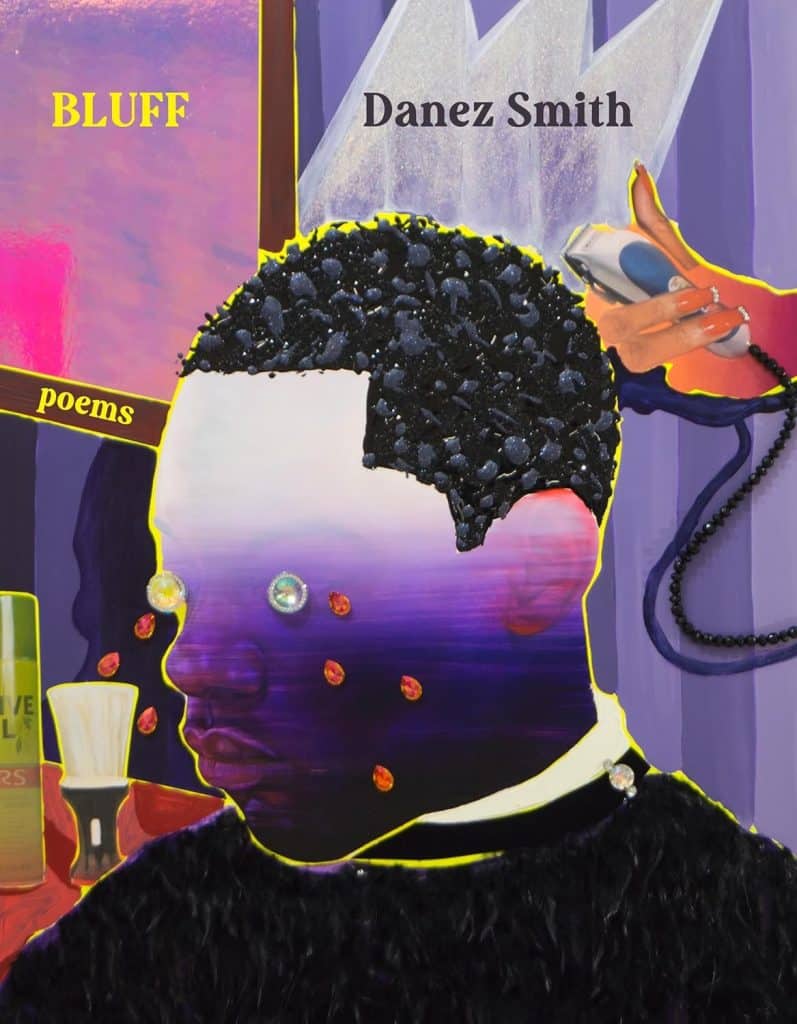
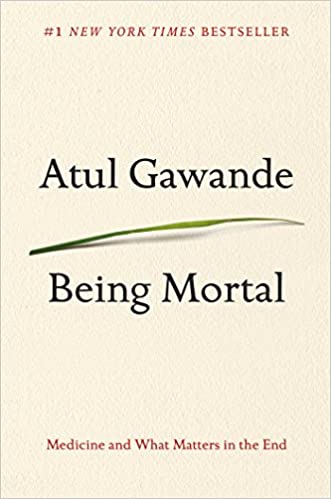

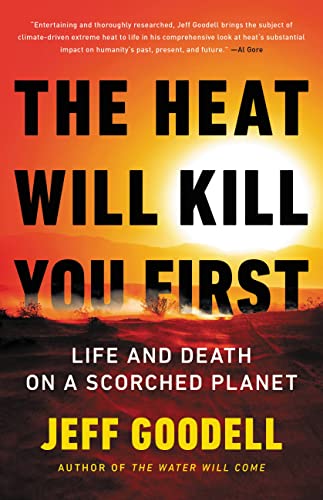
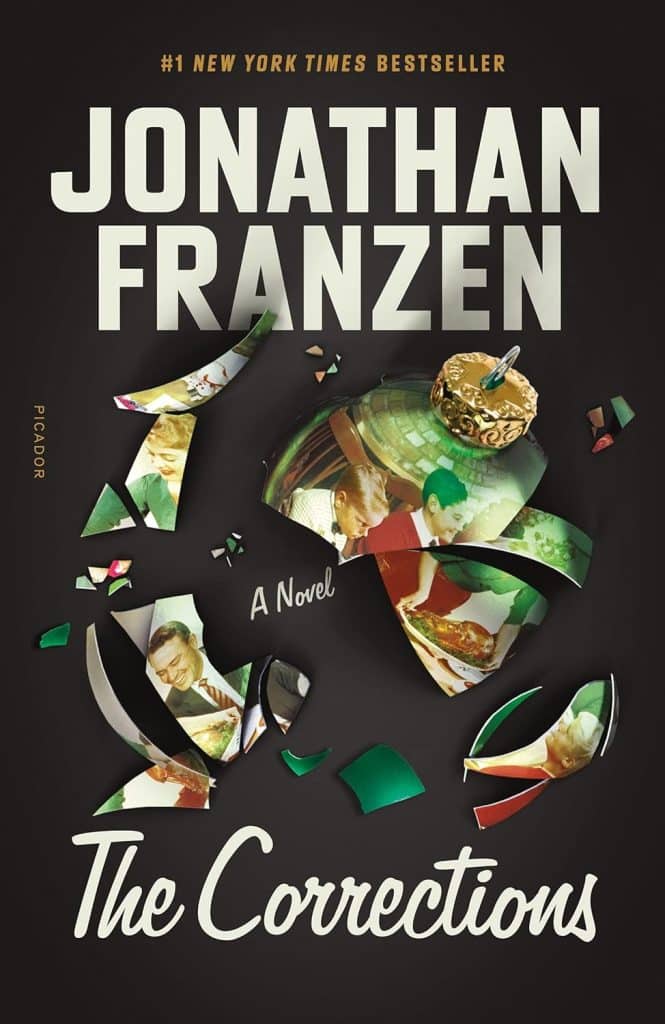
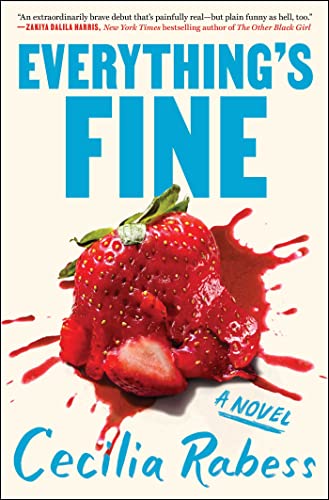
As you know, I am walking because of you. I am currently at day 55 of 100. Once I reach day 75, I plan to change my goal to walk 150 days.
I am excited by that goal because when I arrive at 150 days, I will have walked 10% of the days that you will have walked and it will be my one chance to have such alignment. I am excited!
So, why am I walking? I am walking because having a concrete goal of walking 100 days gives me reason not to quit. I am guessing that you start your walk each day for a similar reason. It gives you a reason not to quit, to keep going.
Once I begin my walk the reasons change and are different from day to day. However, the sense of accomplishment of having “walked today” is always there and my guess is that you likely walk for those endorphins too.
Thank you for inspiring me!
-Mark-
Mark, I want to express my gratitude for your friendship and support. It will be an honor to celebrate when you reach 150 days, and I’m currently at 1,410 days and counting.
I walk to enjoy the endorphins, but like you, each day I walk gives me one more reason not to quit. Some days my body protests, but once I start, the pain disappears, and I find myself in moments of tranquility with nature and life.
If I’ve inspired you to walk, you have encouraged me to live life fully after loss in countless ways.
I will always be grateful to have you as a friend.